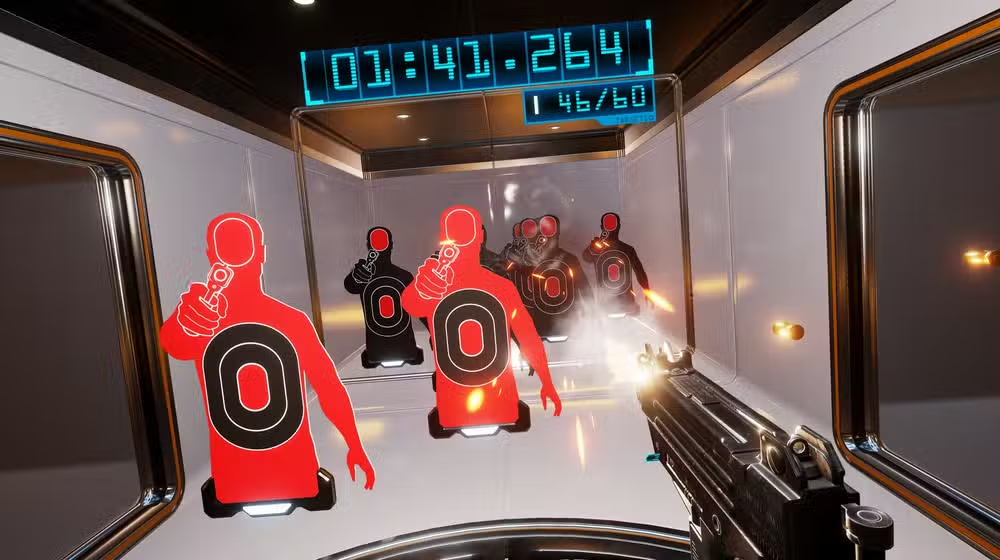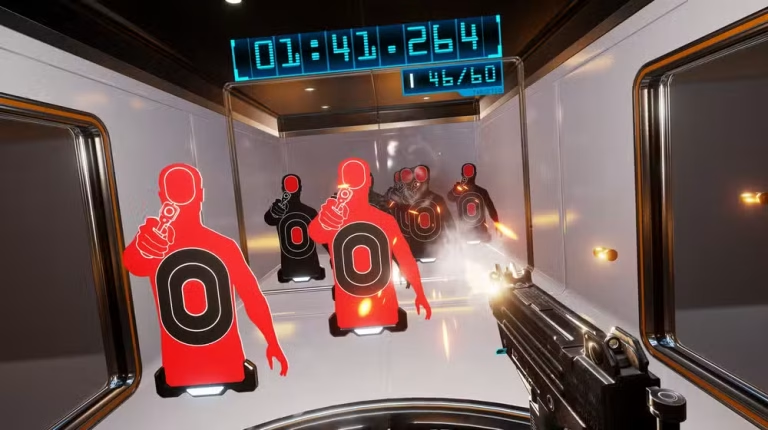
Japanese researchers have discovered that a specially designed virtual reality (VR) game can help reduce the effects of pseudomyopia, a temporary form of nearsightedness commonly associated with excessive screen use.
The study, conducted by Kwansei Gakuin University’s Graduate School of Science and Engineering, evaluated the impact of a custom-developed VR game on ten participants over six weeks. The game required players to shoot at circular targets that progressively moved further away with each impact, forcing users to shift their visual focus between different distances.
These mechanics simulate visual accommodation exercises, commonly used in ophthalmology to train the eye’s focusing ability, which are believed to relieve strain and potentially reverse pseudomyopia.
Pseudomyopia
Pseudomyopia shares symptoms with true myopia but is considered reversible. It arises from the prolonged contraction of the eye’s focusing muscles due to prolonged screen use, especially in young people. Unlike permanent myopia, pseudomyopia can often be treated through visual training and exercises.
Highlighted Results
Participants with moderate to severe myopia showed the most notable improvements, especially in their ability to focus on distant objects, suggesting that their symptoms were primarily due to pseudomyopia. Researchers also observed measurable improvements in users who played the VR game only once every three days, indicating that benefits could be obtained without daily use.
What’s next?
The research team plans to expand the study to include more participants and conduct longer-term evaluations. If future trials confirm the initial findings, this VR game could represent a noninvasive and accessible tool for managing screen-related eye strain. The technology could serve as an alternative or complement to traditional eye care strategies for temporary vision problems.



